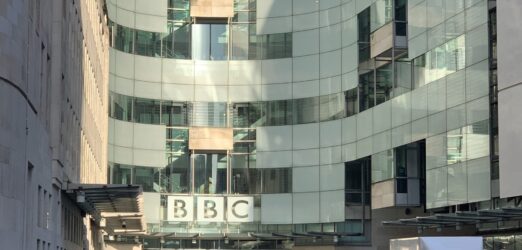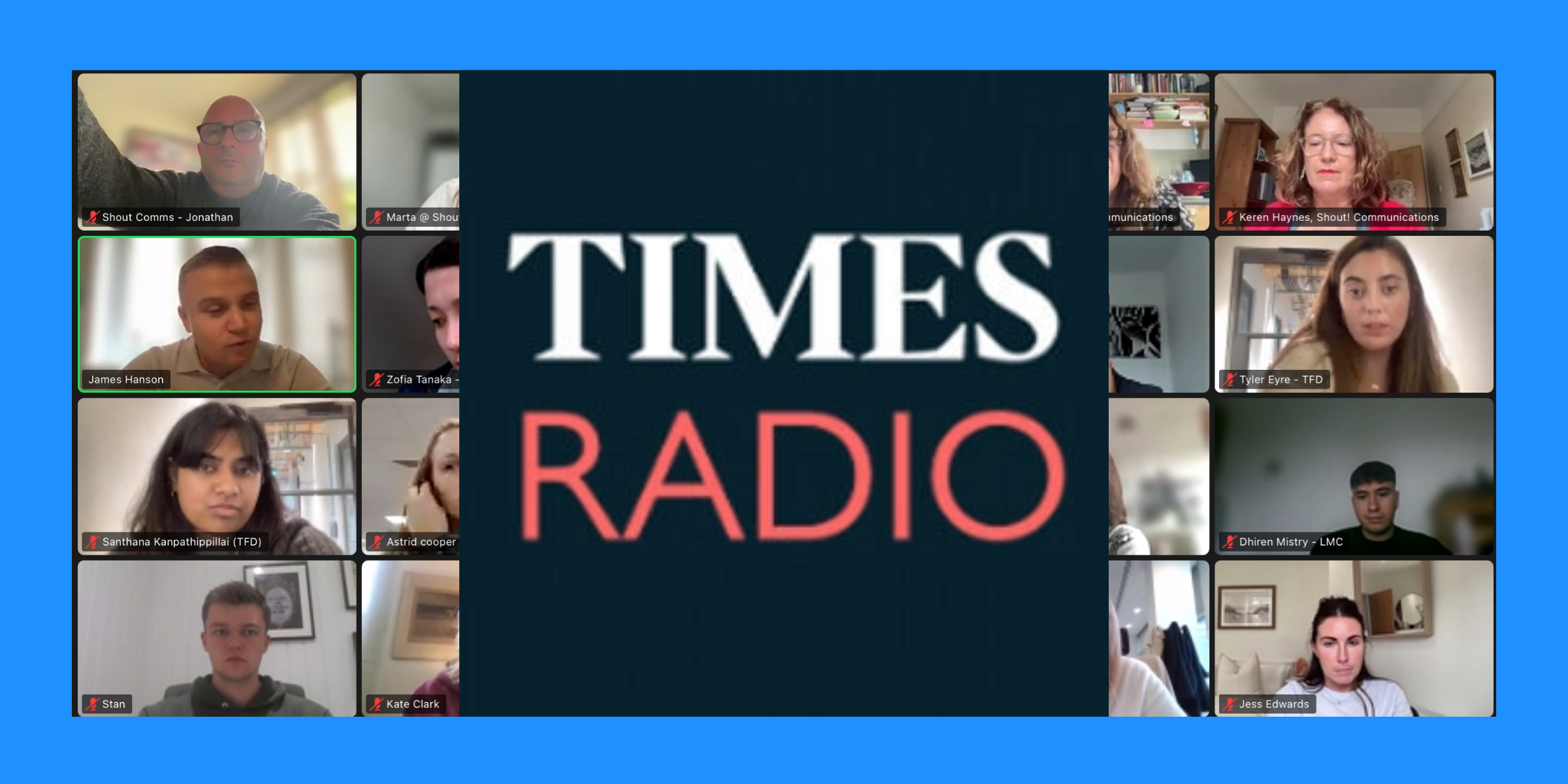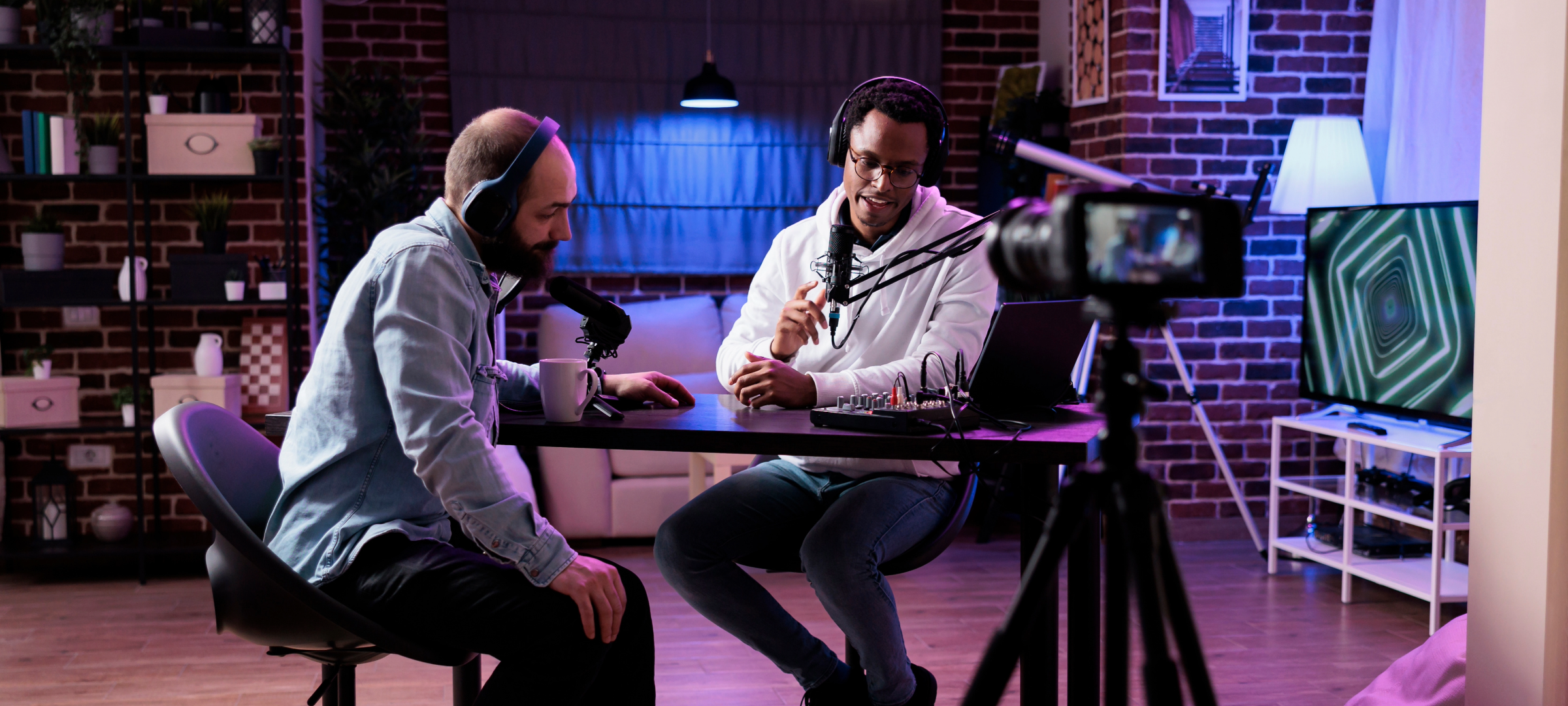The Government is to end the BBC TV licence fee in 2027, replacing it with a new funding model. This could include a subscription style model, such as the one used by Netflix, advertising or even a levy or tax on consumer broadband. The announcement at the start of 2022 heralds the biggest shake-up the corporation has ever experienced.
Funding the BBC in the future
At the moment the BBC receives around £3.7 billion from the licence fee, a figure that doesn’t include its commercial wing and sales of overseas programmes. The question is how much of a shortfall would there be, if it was funded by subscriptions, when not every household will subscribe. We can look at Netflix as a comparison; it reportedly has 13 million subscribers, with a revenue of £1.15bn a huge step away from what the BBC needs to run as it currently is.
Other countries have a mix of fees and advertising. For example, Republic of Ireland’s state broadcaster, RTE, describes itself as dual funded. Part of the money comes from a License fee, but the rest is from commercial revenue, including advertising and sponsorship.
What’s clear is that the BBC needs to move with the times and a change in the way it is funded is symptomatic of that. As we all know, the way we consumer media has changed dramatically over the last 25 years with the introduction to broadband in the majority of homes, giving viewers access to multiple platforms and services. Younger audiences particularly are opting for on-demand viewing over live scheduled programming.
Since the digital explosion the BBC has launched brand extensions to their radio & tv channels and expanded their catalogue of programmes through their iPlayer and BBC Sounds. As viewers and listeners, we get a fantastic return for our money.
Competitors
Other broadcasters are also pushing ahead. Last year Sky TV launched their new system, “Sky Glass”. In a nutshell it means no more wires and satellite dishes, instead you have a TV set which streams all Sky services, including Netflix and the BBC to name but a few. “Pay for what you watch” seems to be the name of the game.
What this might mean for PR
The BBC has been successfully cutting back its overheads for several years and a new funding model is likely to result in the corporation becoming slimmer than ever. Despite the reductions in resources and people, competition for audiences will be intense. It’s highly likely that there will be fewer programmes and even channels to target. BBC Director General Tim Davie was pressed on the future of BBC Four, BBC Two and Radio Five Live, on BBC Radio 4’s Today programme. Asked whether channels might go he said “Absolutely”.
This might sound depressing, but it does mean when you pull off an opportunity you may well enjoy a bigger audience, because viewers have fewer platforms to choose from. Not only that but there could be opportunities for sponsorship of programmes.
On-demand content has produced new audiences for podcasts, for example. The BBC’s creation of BBC Sounds reflects this and has the potential to take PR spokespeople, in the same way television and radio channels do.
The end scheduled programming?
The way we watch, and listen is changing, we have more choice, and we can watch/listen when we want to, the days of a schedule could be a thing of the past
Linear broadcast represents the most attractive medium to advertisers, followed by the logged-in users on the BBC iPlayer (roughly 10 million a week). According to the business data platform Statista.com the BBC reaches between 50-60 million individuals in the UK – the largest reach of any individual broadcaster in the UK, with BBC1 beating even ITV1.
ITV boosted its highest ever ad revenues in 2021 via its ITV Player. Advertisement sales were up 30%, helping contribute to a £1.6bn revenue. It will be a case of whether the BBC will be trying to entice advertisers away from commercial stations, which will clearly have a detrimental effect on them, or whether it can generate additional advertising fees.
Without question, the next few years will be interesting as technology, connectivity, and broadcasters work to bring us programmes on-demand, faster and quicker, at the same times as looking at every opportunity to increase their revenues.



